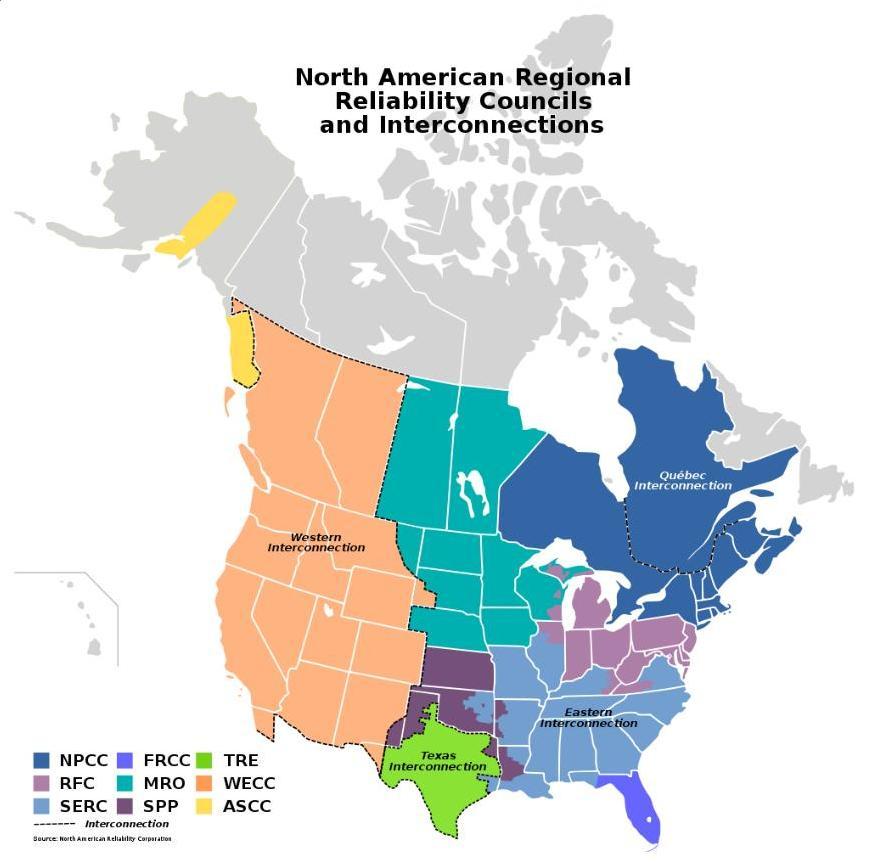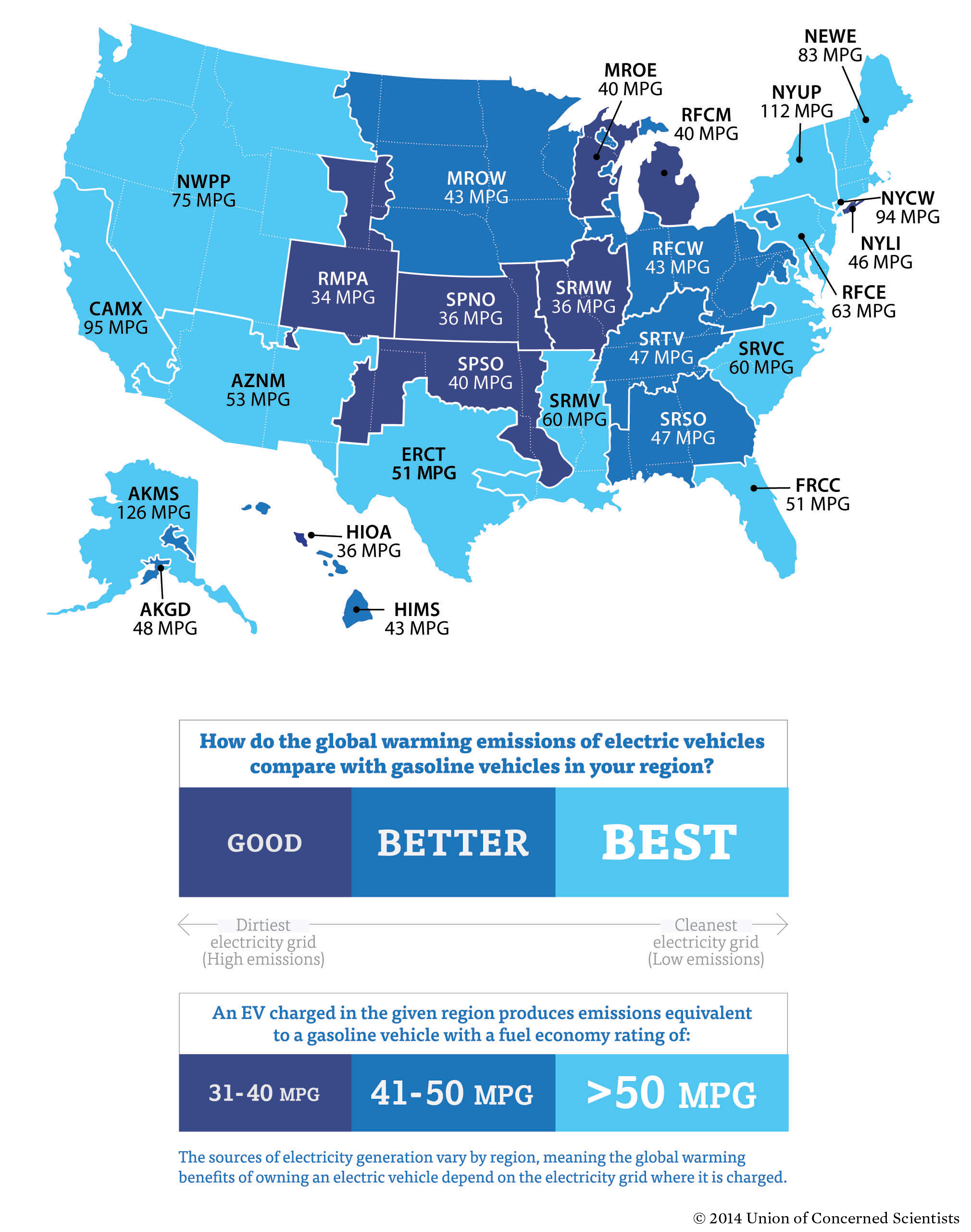http://www.washingtonexaminer.com/a...al&utm_source=twitter.com&utm_campaign=buffer
They do ok in stop-and-go in the city but otherwise you're just moving the emissions around.
This one is pretty green:
Of course, whether electric cars are bad for the environment (when compared to gasoline powered cars) depends almost entirely on how the electricity they use is generated. While electricity from coal is used to power cars, they are inevitably going to be worse than cars driven directly using gasoline. But if clean power, such as nuclear, solar, geothermal or wind are used to supply the electricity cars use, then they are much better for the environment. In most real-world applications, a mixture of power sources are used, and it is the proportional mix that determines the outcome.
The difference today is not in the actual emissions due to the cars, but rather in their potential to be dramatically reduced in the future - it is a lot harder to make carbon neutral (or very low carbon emission) gasoline than it is to make carbon neutral (or very low carbon emission) electricity.
Gasoline cars are not very 'green' at all. Electric cars may or may not be; they don't so much move the emissions elsewhere, as they move the
decision about emissions elsewhere.
Gasoline powered car drivers are choosing to emit a certain amount of carbon dioxide. Electric car drivers are handing that decision to their power generator (which in some cases may be themselves - for example if they use their own solar array or wind turbine to charge their car; but in most cases is a utility company).
This article is basically a very obscure way of saying that the mixed generation model used to make electricity in the USA has too many high-CO
2 emitting components to make buying an electric car a viable way to reduce CO
2 emissions in the immediate term. I doubt that anyone is surprised about that; but given the strong political pressure to generate electricity by lower CO
2 emitting means, it seems plausible that buying an electric car will help somewhat by the time that the car reaches the end of its life. Thinking only about the immediate term is what got us into this mess to begin with, and here we see a strong argument for why such thinking needs to stop.


